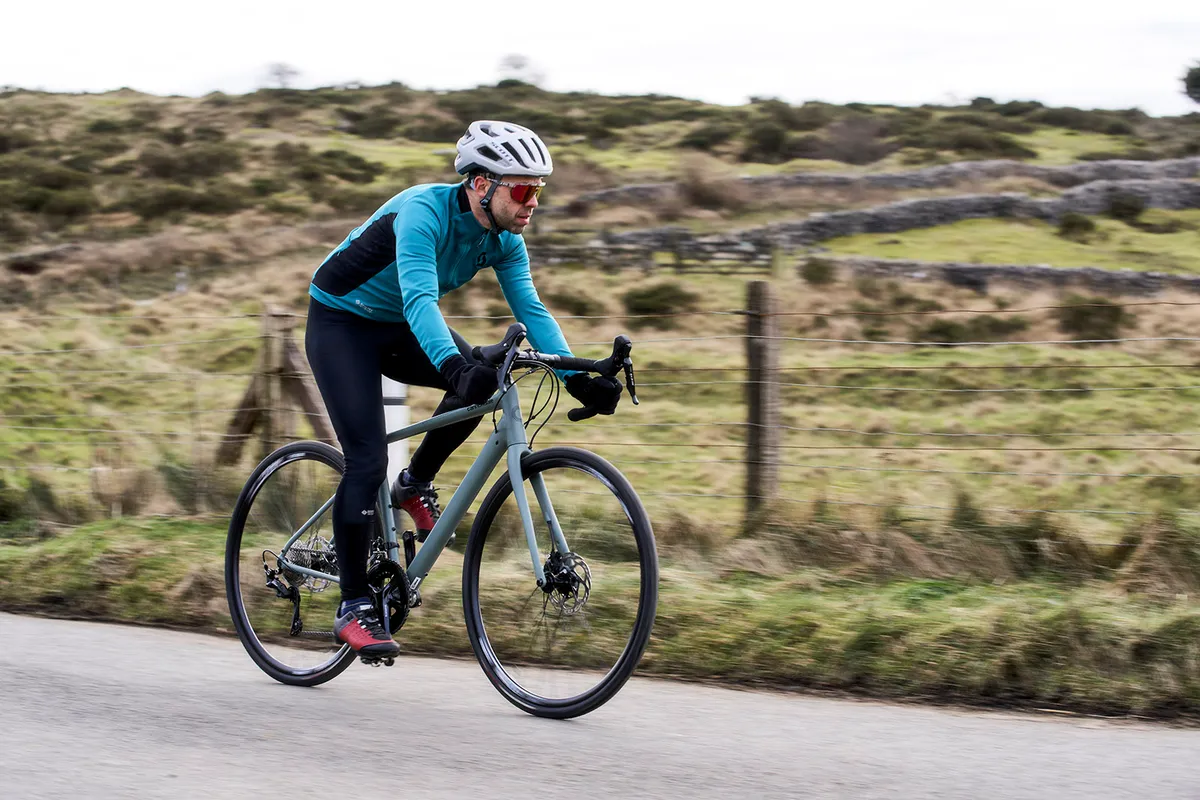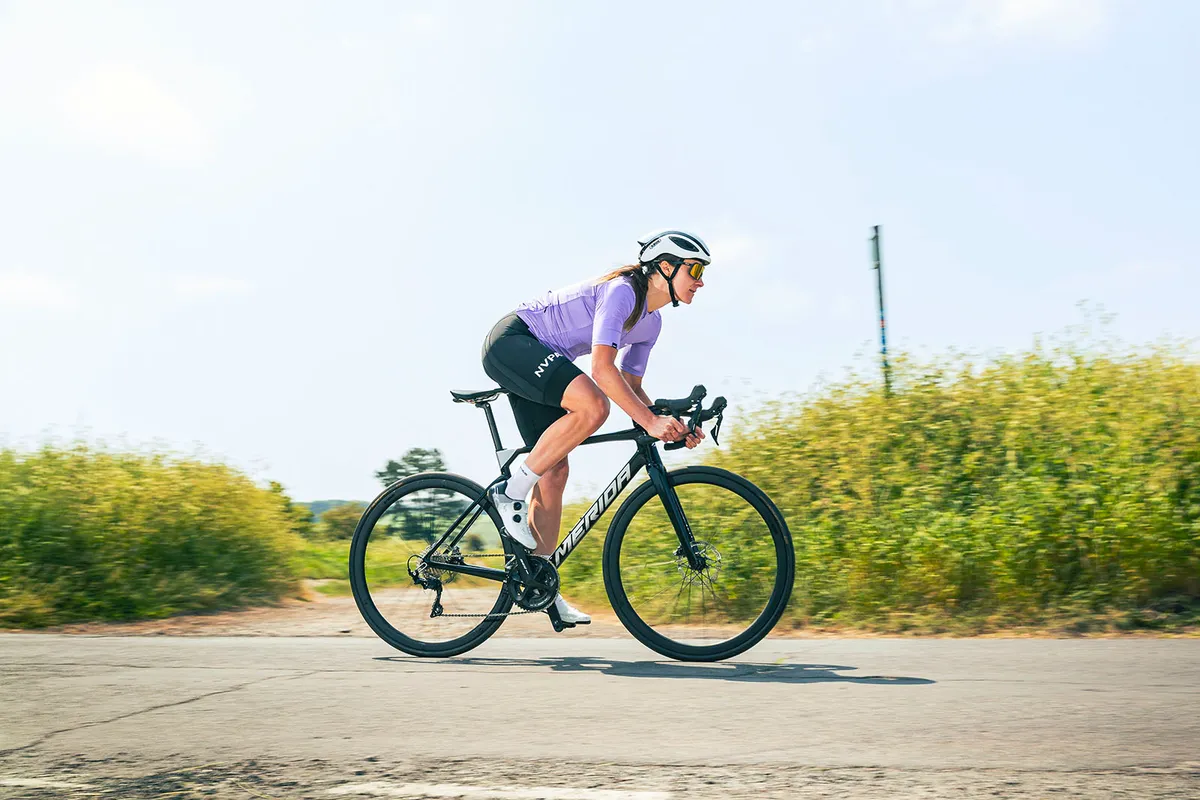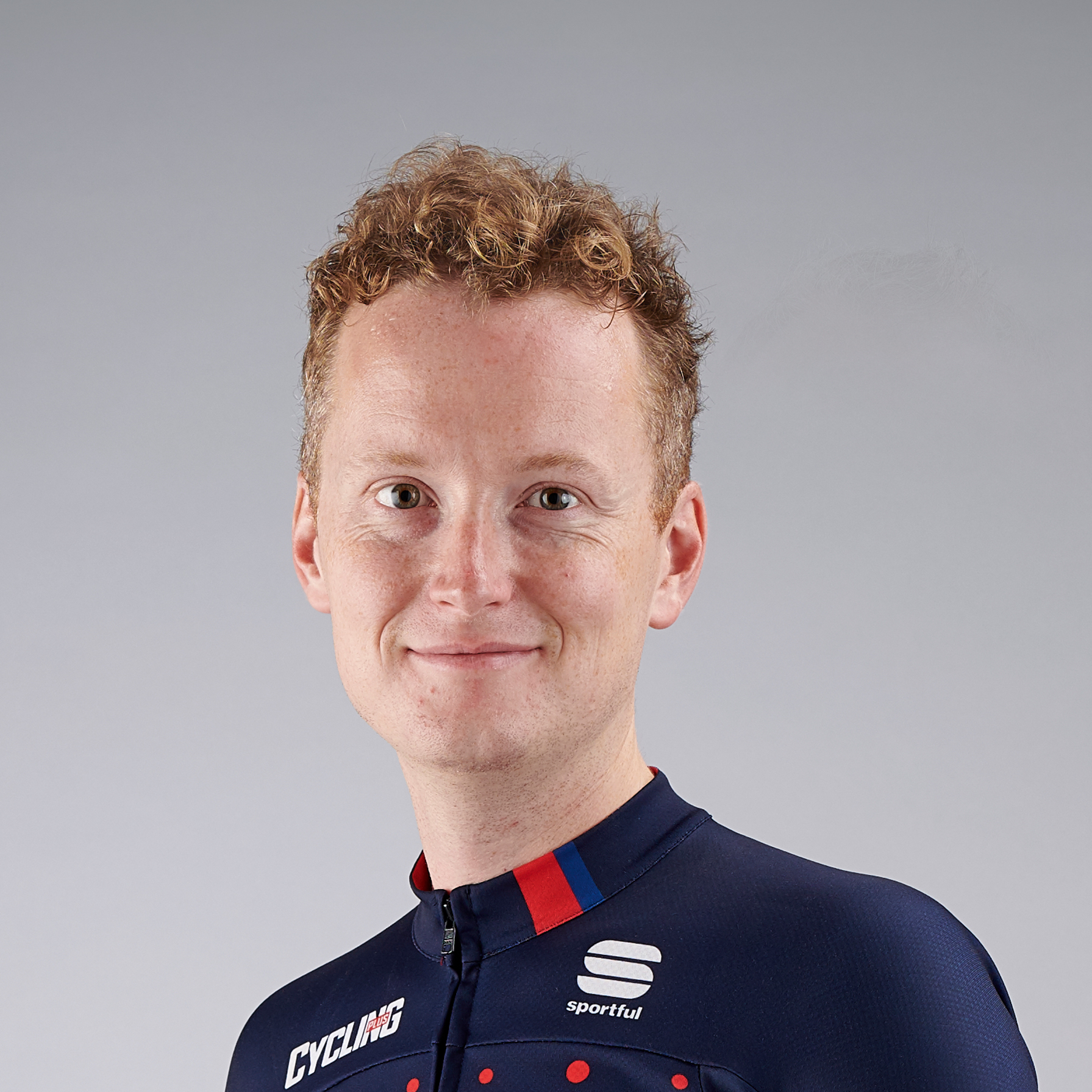Getting in prime physical and mental shape to hit a fitness goal over a period of many months is no mean feat.
It’s like a game of snakes and ladders, where the temptation to skip early, vital stages of your training plan is often undone by a sudden injury, bout of fatigue or worse. Mistakes along the way are inevitable – and often end up getting repeated the next time round.
“Insanity is doing the same thing over and over and expecting different results” – an oft-cited quote attributed erroneously to Albert Einstein – might come to mind when we think of our fitness journey.
Few people are as qualified as Joe Friel when it comes to finding out the most common mistakes made by athletes of all levels.
Friel, 82, is an elite-level cycling and triathlon coach and has spent his whole career devoted to it.
He’s still going, as fit and sharp as ever. He co-founded TrainingPeaks.com in the late 1990s, a training software platform launched at the dawn of the internet that revolutionised how cyclists' progress and performance is analysed.
Out went pens and notebooks – and in came trackable data anywhere in the world. It introduced terms such as Normalised Power and TSS (Training Suffer Score) into the lexicon of cyclists globally.
Friel has also authored 18 books on training (number 19 is on the way), with several devoted to older athletes beyond 50. As a very active octogenarian, he knows what he’s talking about.
We caught up with him on Zoom at his home in Arizona this summer, as he prepared to release that 18th book, High-Performance Cyclist.
So, what are the training mistakes he’s seen repeated over the years?
Inconsistent training

This is, Friel says, by far and away the biggest mistake people make with their training – even when the simple fact of having a coach, and all the accountability that brings, should be a big motivator for doing the training in the first place.
Life, however, conspires to get in the way. You're doing too much, taking too many things on and, crucially, not getting enough sleep.
“When I first talk to athletes about the idea of coaching them, they’ll have this litany of reasons about why [they aren’t training] and it comes down to the same thing,” he says. “They’ve just got too much stuff in their lives.
“Everyone is going to miss workouts. The professionals miss workouts. The question is how many do you miss?
"If it’s two or three a week, that’s something you won’t recover from. 90% consistent, you’re going to go pretty well. At 70%, it’s going to be a long haul.
“At the end of a season, when it’s gone wrong, they’ll look back to pinpoint the mistakes and they’ll think ‘maybe I didn’t do enough hard workouts’ – they seldom go back to how inconsistent they were.
“I always tell athletes that you could do the wrong workouts consistently and that would be better than doing the right workouts inconsistently."
Friel says for busy people targeting a fitness goal, who say they don’t have enough time, they need to examine their lives and boil it down to the essentials – family, career and training – and put the rest on the back burner.
What about friends, we suggest? You can see them in training, he bats back.
Too little emphasis on base training

Building your base fitness, in the early stages of any training plan that focuses on endurance, is utterly essential to the success of the whole endeavour.
This low-intensity period of training is the wide base of your pyramid of training that everything else is built on.
It helps you to better absorb the later, harder work and improves specific areas of physiology, such as using fat as a fuel source. Yet Friel is shocked by how many people see it as a “waste of time.”
“They see the build period – the final 12 weeks of their plan – as the most important because it hurts the most.
"So that must mean that it’s the best for them – they do more of that and less of the stuff that doesn’t hurt. That crucial base period gets bypassed.
“They don’t do enough low intensity. The only time they’re doing low intensity is when they’re too tired to do another high intensity workout!
People tend to think it's of little value, but in this book, I list all the things that happen in the base period that do not happen with hard training. And it's a long, long list of if possibilities!”
Training too hard, too often

Friel focuses on the concept of polarised training (PT) – where you train at both ends of the intensity spectrum and skip the middle – to explain this popular mistake.
In PT, he’d get athletes to do five easy workouts and two hard each week during the base period (in the base, ‘hard’ workouts are long because of their length, not intensity).
This then progresses to the specific phase, when two race-like sessions are the hard workout, with easier sessions for the rest of the week (including one day off).
“This works very well for athletes,” says Friel. “Unfortunately, most don’t want to do this. They want to do three, sometimes four or more hard workouts a week.
"That doesn’t get them any further along than doing two. They go into hard ones tired and consequently are rundown and set themselves up for overtraining syndrome. That can take months to get out of.
“Most people see it as something light, like ‘I just did too much and I’m tired’. They think they just have fatigue. Overtraining is like having a major disease. It can be hard to get back to previous levels afterwards.”
It shouldn’t be a surprise that, if training too hard, too often is a common issue, not resting enough can be filed in an equally important sub-category.
Too much processed food in your diet

Friel sees far too much junk food and too many poor-quality diets in athletes who are otherwise committed to other parts of their training. As the saying goes, put junk in and you’ll get junk out.
“I tell athletes, if I’m going to be their coach, that there are only three things that make up 80% of their diet – vegetables, fruit and protein.
"With the other 20, if you want to have some junk food, some candy, we can live with that, but 80% is the cut-off. If we’re doing that, we’re getting good calories.
“This is what the pros are doing. The junk food comes when they’re on the bike [fuelling their ride]. Otherwise, they’re eating high-quality food."
Using supplements as a crutch
A lot of the problems described previously – inconsistent training, poor diet, feeling overly fatigued – make the idea of taking supplements to counter the negative effects appealing. That's “nonsense”, according to Friel.
“Fitness does not come out of a pill,” he insists. “Want to know the supplement that you should be taking? Exercise!
"Pills are not going to do it for you. Athletes end up taking them to try and make up for the losses from their training, and the fact they’re tired and rundown.”
Too little sleep

Much of your good work in training can be undone by not getting enough quality sleep, says Friel.
“Sleep is when fitness happens. It’s when your body releases all the growth hormone, all the stuff that rebuilds muscle, bone – everything in your body. It’s all happening during sleep.
“If you’re cutting back on sleep, you’re not going to get the full benefit of yesterday’s workout. You have 90-minute waves in sleep where all this good stuff is released, so if you’re cutting your sleep short by a couple of hours a night to fit other things into your day, you’re depriving your body of a whole cycle that your body needed to make the most of your session.
“You should wake up naturally. If an alarm wakes you, that’s cortisol [the ‘stress hormone’] being released into your body.”
Not doing workouts at the right time
No matter your endurance sport, just because you have a strong history in it that doesn’t mean you should skip a specific block of training or take shortcuts.
Professional cyclists treat every season on its own terms, building slowly through the winter and spring, then have a big summer of intensity in their goal events, followed by winding down with rest and recovery in the off-season.
Of course, your form and ability ideally accumulate and build season after season, but each winter, this brick-by-brick process must start again if you are to avoid the worst effects of overtraining.
“You don’t start off by doing intervals, or sprints, or hill repeats. You start off by working on duration – building with long [slow] rides,” says Friel.
That leads into volume (upping the hours you do each week), then adding intensity on top of that. At the end of it all comes density, where intensity becomes more frequent.
“It took us a whole season to get there, months and months, but now they come into these tough sessions with a lot of fitness and they're able to do it without feeling totally wasted,” he says.
High-Performance Cyclist: The Complete Training Manual by Joe Friel is out now from Bloomsbury Sport (£22 in the UK)




